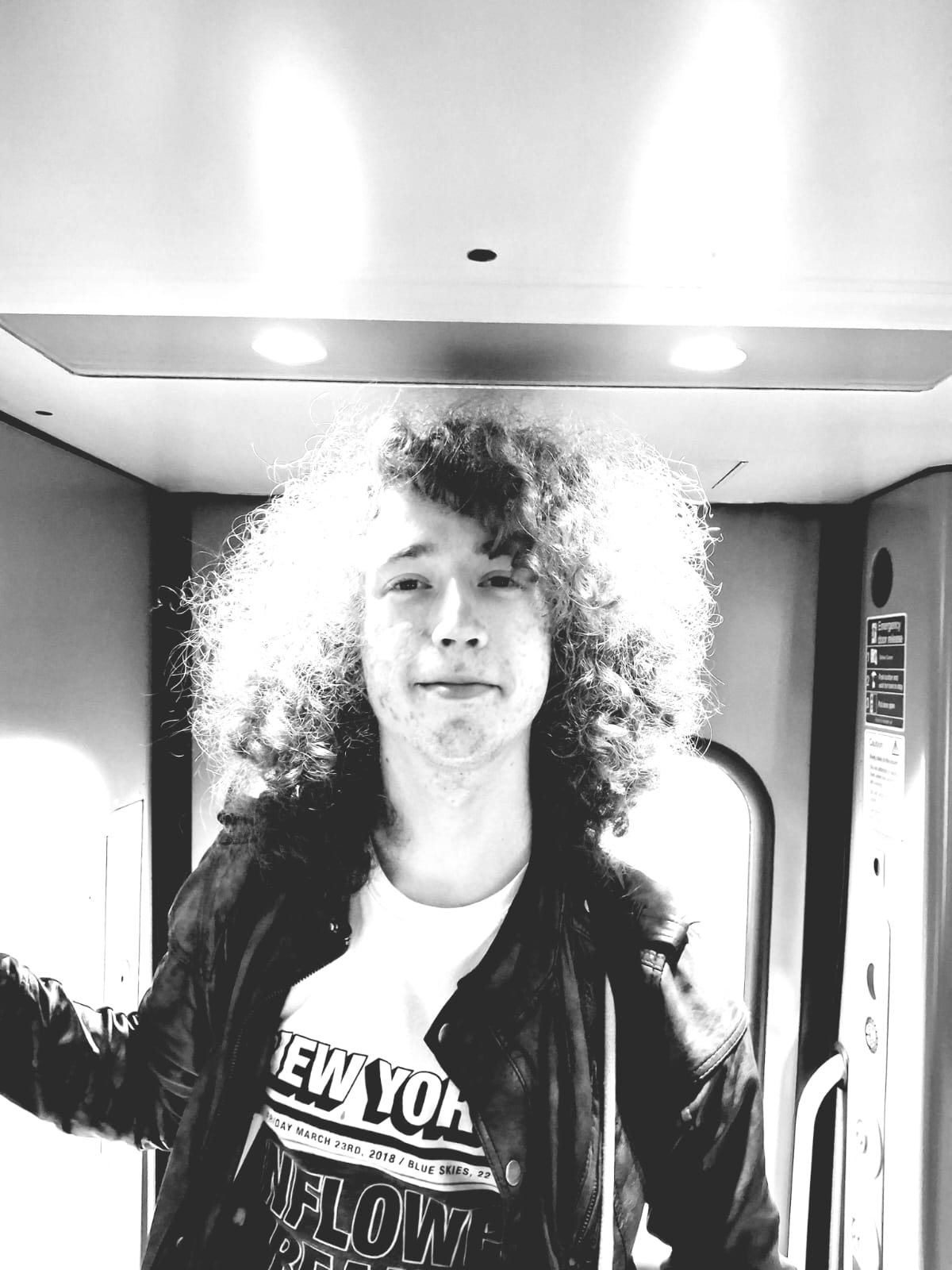Rainbow in Santa Cruz (2010)
A lot of the songs on this album are about queerphobia and coming to accept that I’m queer – I made it towards the beginning of my senior year of high school, and there’s an optimistic sense here, with a lot of words about leaving behind a life and beginning a new one. Most of the songs are still pretty dark, because of the subject matter.
And there’s a lot of anger, which I think was partly also my reaction to the time we were entering where “gayness” was perceived to be this pacified thing that could be appropriated into capitalism and patriarchy – that instead of finally being accepted as ourselves, we would only be accepted as this Obama era tokenized version of ourselves, which was so dehumanizing and strangling that it was hard to call it “progress”. There’s even a song on this album where I did something vaguely resembling a death growl – I may have gone a bit overboard in some places here.
There’s a lot of playing with the limits of coded language, trying to hide who I am or what I’m talking about to the point that I erase myself and my own story – there’s a song called “Lire” that’s basically a conversation I had with a guy from Long Island set to music – and I’m trying to hide the fact that I’m talking about hooking up with a guy on the L.I.R.R. (Long Island Rail Road) by turning it into the French verb “lire” (to read) – the idea is, we’re so paranoid about being “caught” that this gets to be so coded that even the person I was talking to wouldn’t have understood it, and I wouldn’t have even understood what I’m saying myself.
This album had a similar kind of release to Motion Dream and For Your Listening Pleasure where there were a bunch of CDs and an online release, it was well-received and a bunch of people have it, but I didn’t feel like I was ready to go any further with it because of how difficult the subject matter was for me to deal with at the time. It had a lot on it that I’d like to revisit in the future – so we’ll see where that all goes.
I released a number of other albums in the last 2 months of 2010 that took off where these left off – there was Stockholm, which had some really experimental stuff on it including tracks that were released later like “Pastel” – there was Cannonball’s Dilemma, and then there was a compilation CD of some of my favorite songs I’d made that year called Jesse Statman Volume One, which is probably the most widely known of my releases from 2010, because a bunch of different people in various NYC scenes ended up getting a hold of it.
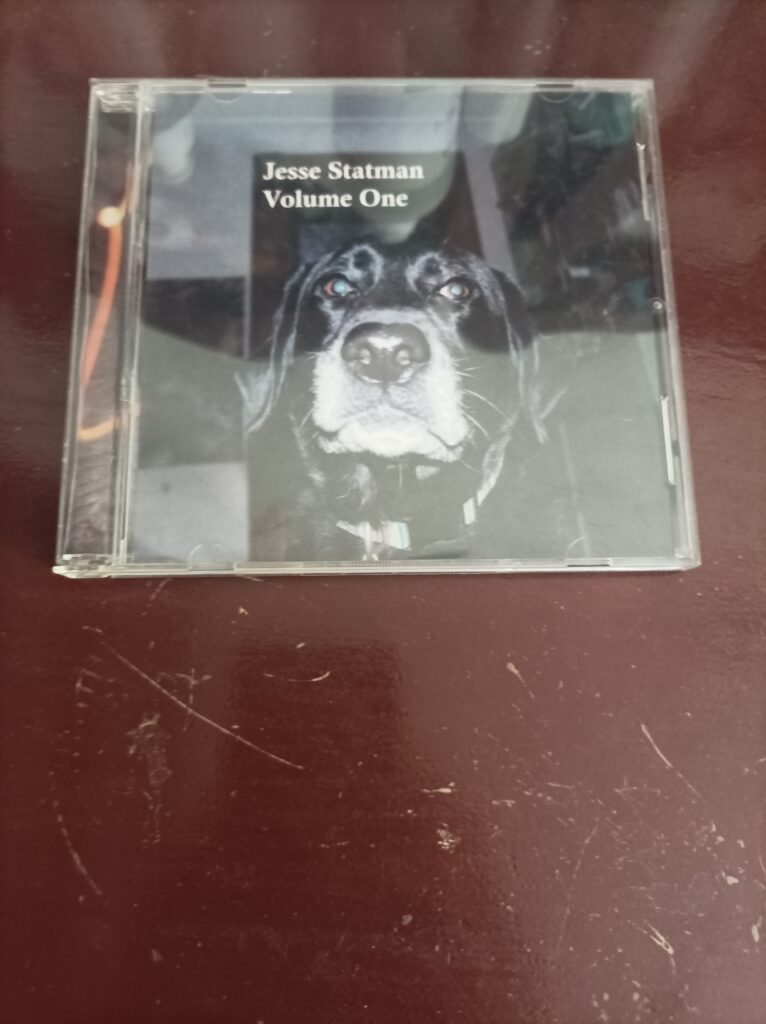
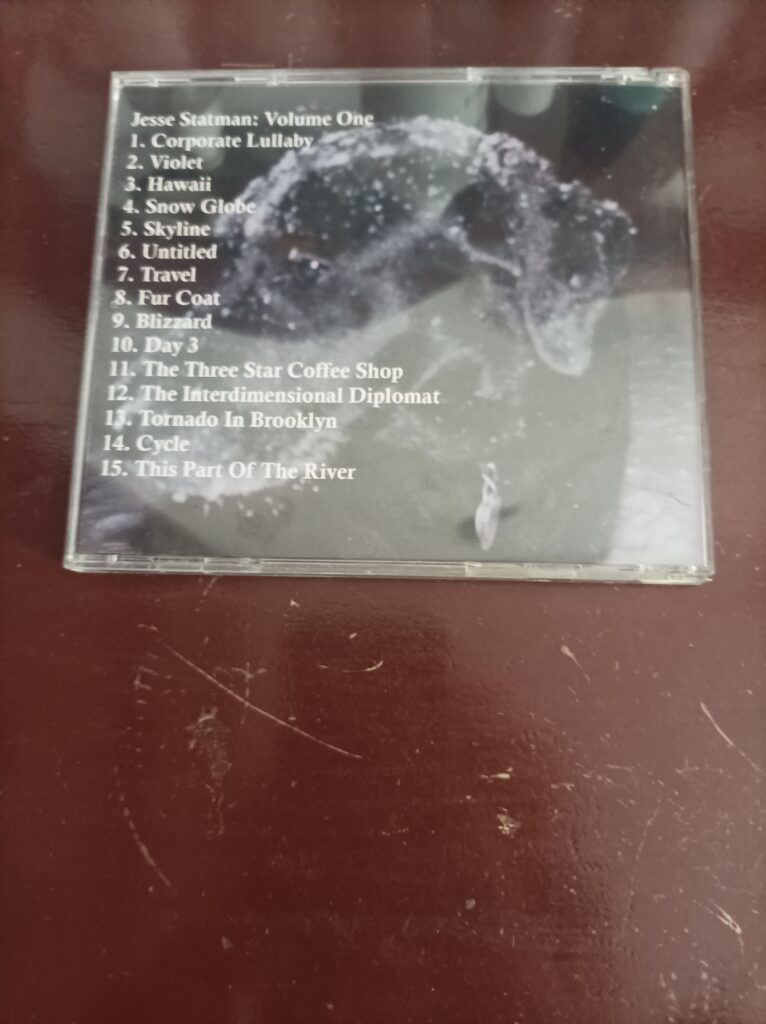
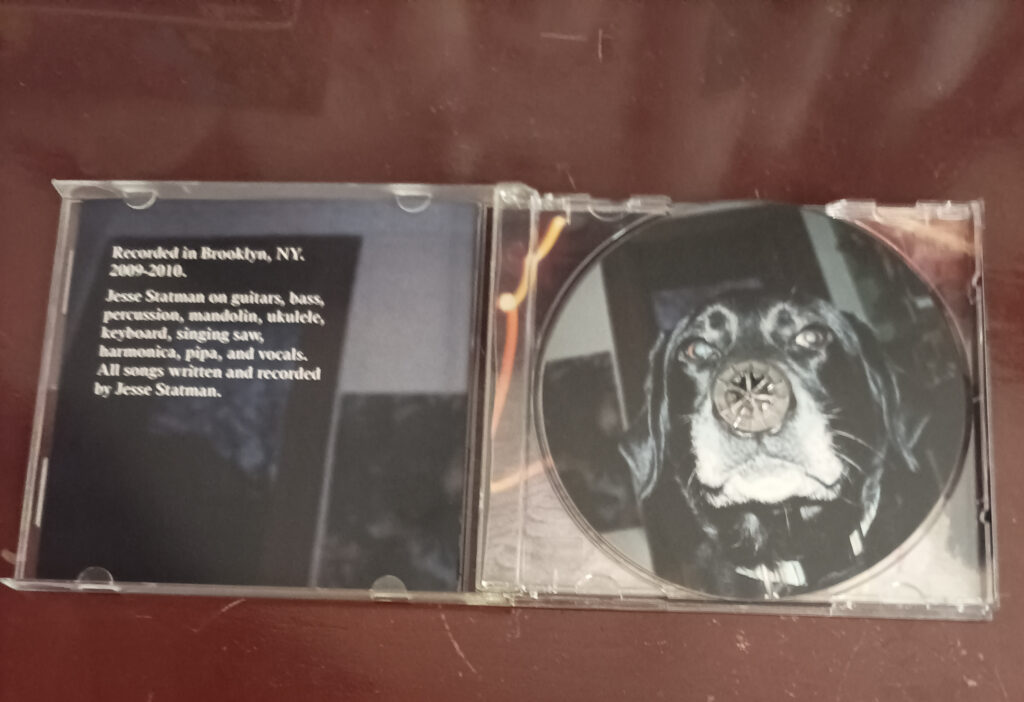
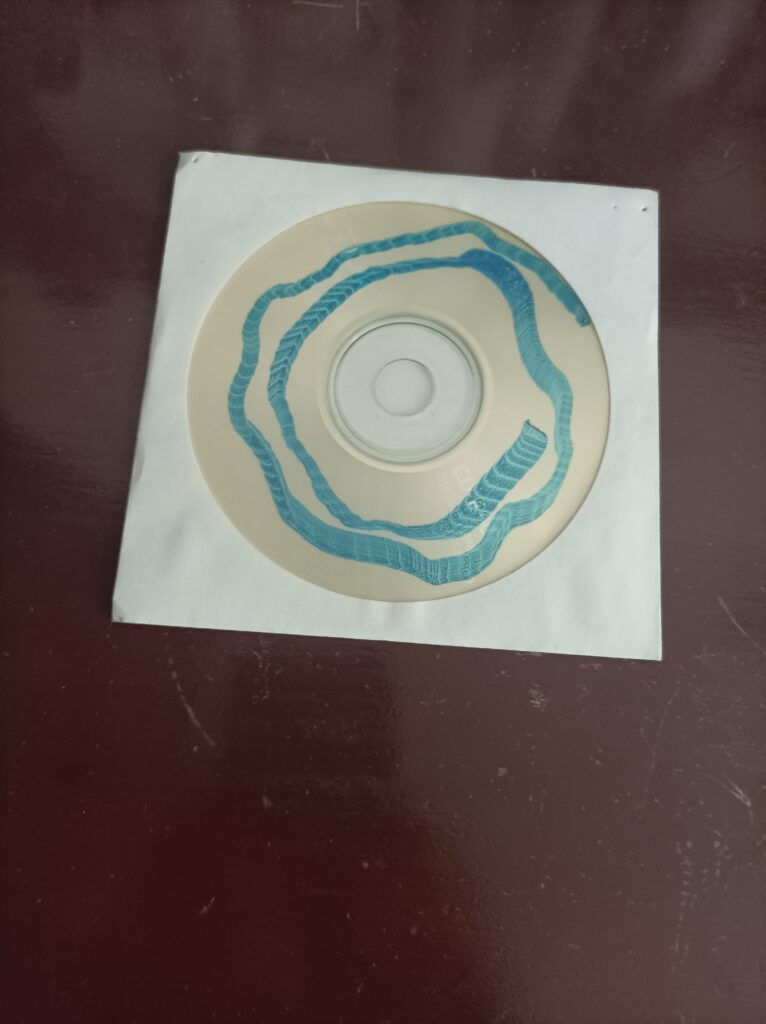
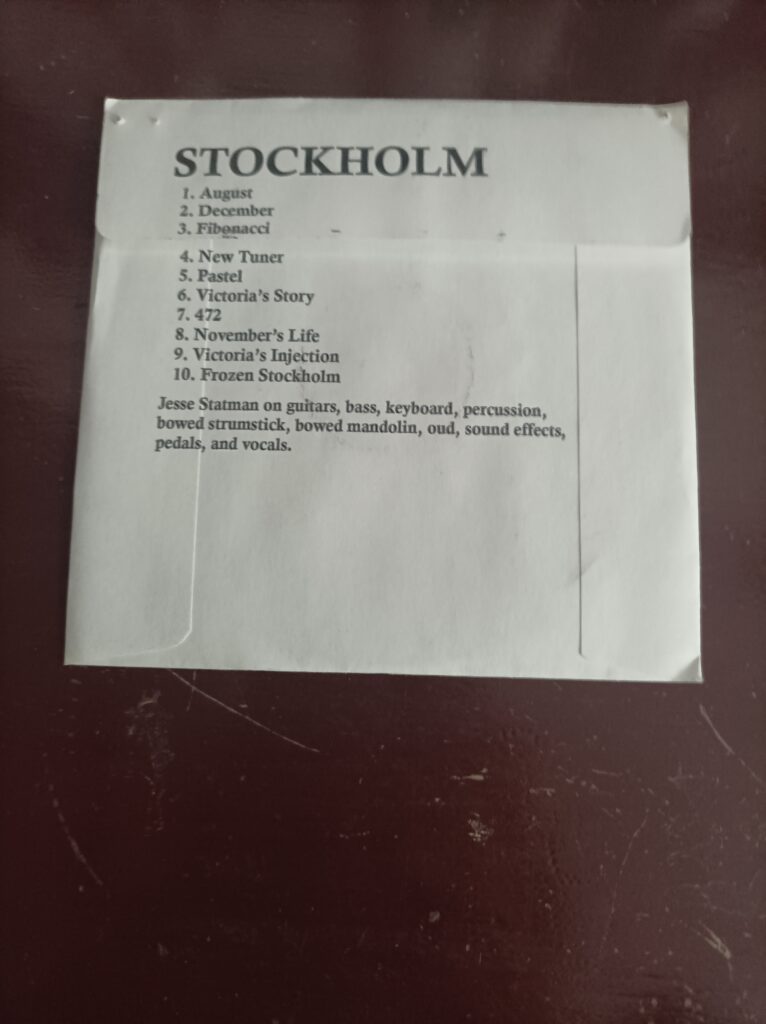
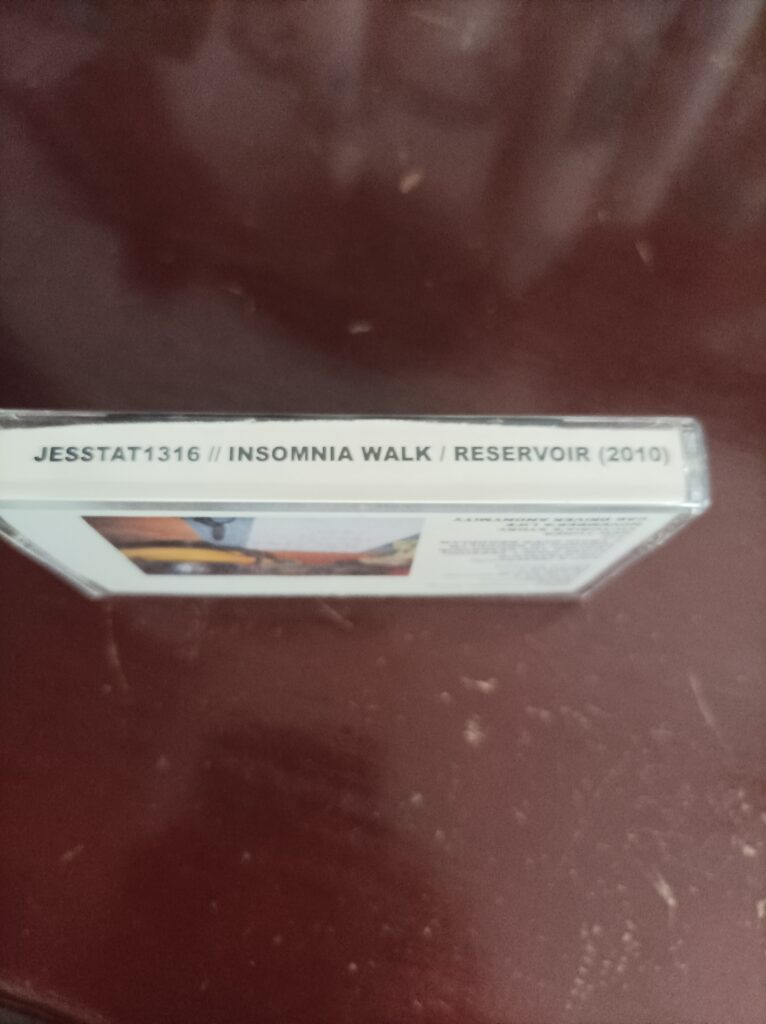
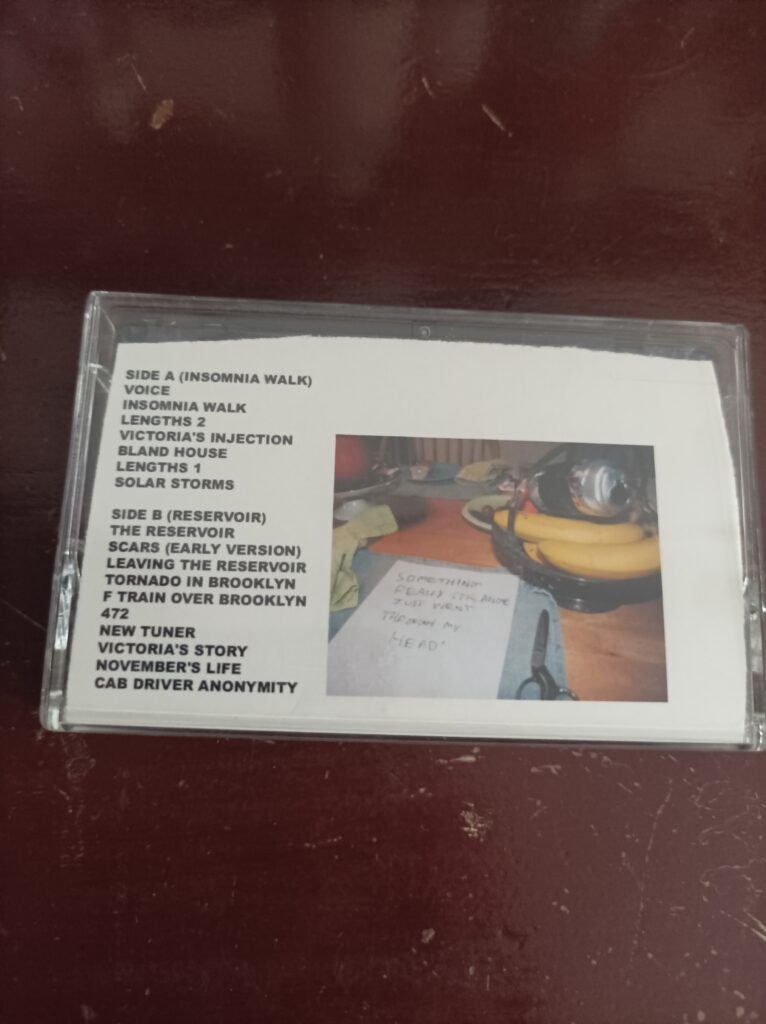
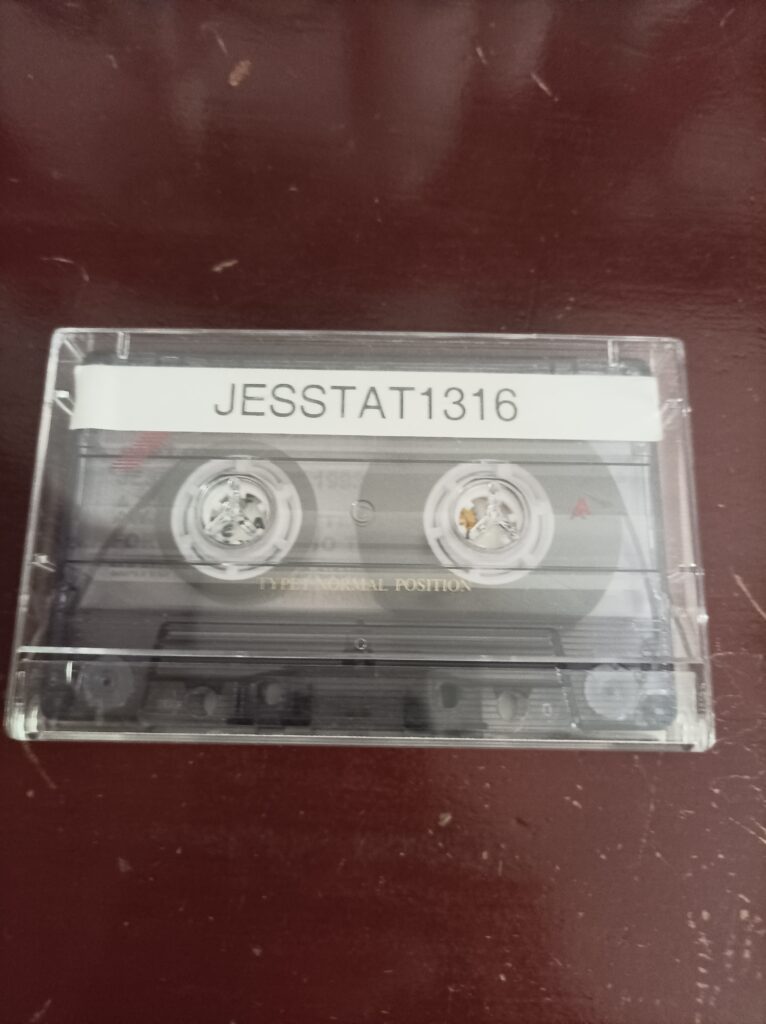
2010 was a weird year for me, because even though it was extremely prolific – I wrote, recorded, and released an absolutely absurd amount of music in that year – at the same time, it felt like a year where I was completely uninterested in getting my work out there, and the music I was making was more of a kind of spiritual survival mechanism than something I was thinking of bringing to the public.
Looking back, it was also a year where, a lot of the time, I didn’t think I was going to survive to see the next one – I feel conflicted about a lot of the music I made in that time, simply because of how painful it was.
And I wonder – how much of this kind of thing can really work as this powerful, transcendent art that people sometimes see it as, and when does it simply become the exploitation of someone’s suffering?
Because it’s a much more raw state that I was in when I made these albums – the state that I’m normally in when I record an album or perform a song is a lot more put together and integrated, having processed things and come out the other side. But these albums were made when I was still in that state of having been wounded and wounded again, and not seeing any real end to the cycle of wounding, just being in it.
I had a similar concern when I was performing the longer version of “Ghosts! (We Have Always Been At War)” during the tour for Hard to Break in late 2023 – since I’m singing about Palestine in the song, I’m singing about Yemen and Lebanon in the song, and I’m singing about US imperialism and what’s happening right at that moment – this was not a trauma that any of us had processed, this was a trauma that was happening right at that second and continues to this day – it’s only gotten worse.
The only real solution I saw to that dilemma was to figure out how much of a profit I made from the performances of that song, and donate that amount to Palestinian groups – since it’s their struggle I’m singing about, not mine. And that’s what I do whenever I make a profit from a song that’s really about someone else’s struggle.
But what do I do with the songs about my own trauma that I recorded when I was a teenager? I don’t own a time machine, so I can’t donate the profits to my teenage self – but I’d still feel like I’m exploiting a struggle that’s not my own, because it’s not my own anymore.
So if I did something with some of the more traumatic songs – the ones I didn’t release on anything as Cannonball Statman and haven’t brought back into my setlists – maybe I could find a good organization that works with young queer folks and donate it to that. For now, though, I still feel weird about putting those songs into the world.
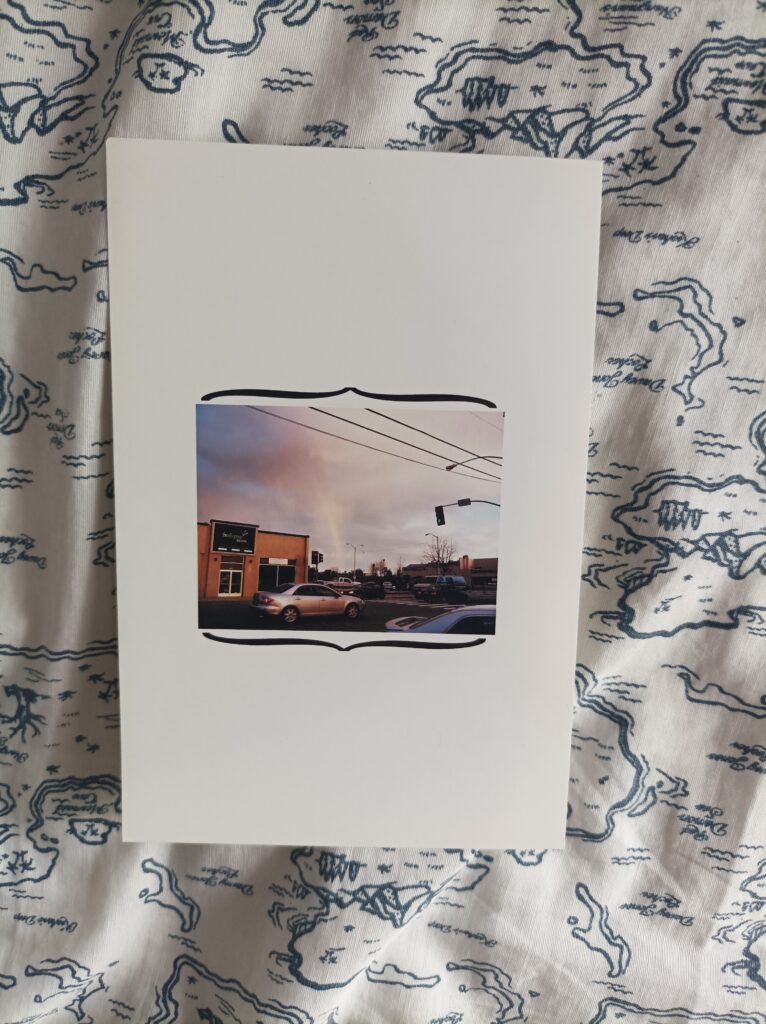
from Out of Print and Unavailable Discography (as Jesse Statman)
Stench of the City (2012)
Collision (2011)
When it Rains (2011)
Painting With You (2011)
Pizza Carbonara (2011)
Rainbow in Santa Cruz (2010)
Motion Dream (2010)
For Your Listening Pleasure (2010)
Electric Fuzz Tiger, Wooden Room, World Stuff, and Space Travel (2010)
(or, go to the beginning for the full list of out-of-print and unavailable projects)
